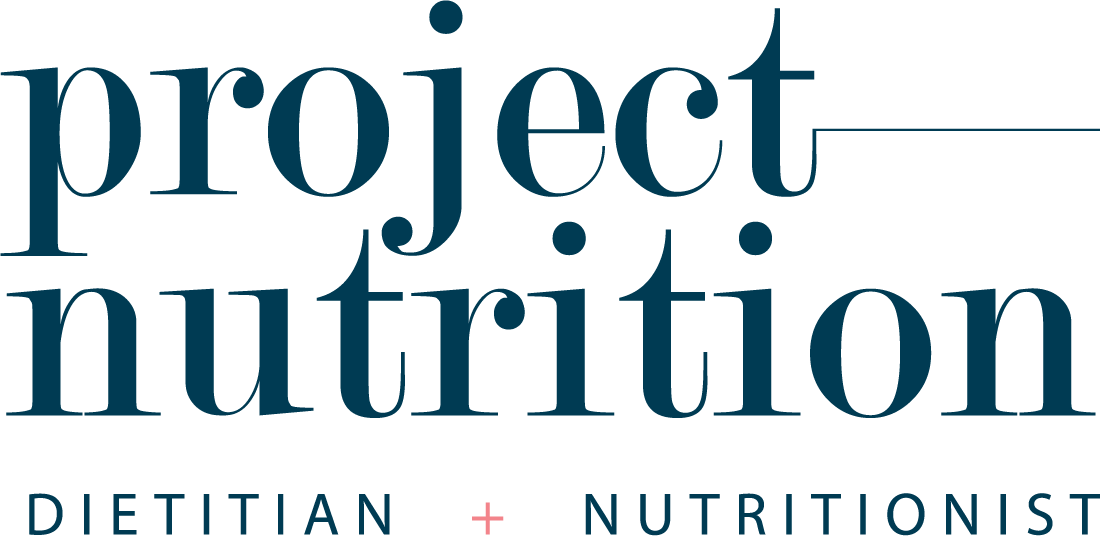Can I eat potatoes if I have PCOS?
Have you ever wondered if you can eat potatoes if you have PCOS? In this blog post, we'll delve into the humble potato, the latest nutrition research on its health benefits, and whether it has a place in a PCOS-friendly eating plan.
Potatoes can often be seen in the “avoid” column of generic food lists for PCOS. Unfortunately this recommendation isn’t supported by the latest research which is why it’s important to be wary of generic nutrition information, especially if it’s published by someone who isn’t an Accredited Practising Dietitian or Registered Dietitian. So let’s dive into what the research says about the benefits of including potatoes in a PCOS nutrition plan.
Nutrient-Rich Powerhouses
Potatoes are often dismissed as mere carbs, but they are nutrient-rich powerhouses. They contain bioactive compounds such as Vitamin C & polyphenols which have antioxidant effects in the body. These bioactive compounds help to reduce oxidative stress and damage to your cells. Potatoes are also a rich source of essential vitamins and minerals such as vitamin B6, potassium, and folate.
Low-Calorie, High-Satiety
One common struggle for people living with PCOS is appetite control & weight management. Potatoes can be a valuable ally in this battle. A medium-sized potato has only 110 calories, making it a low-calorie option. Potatoes rank high on the satiety scale, meaning that they keep you feeling fuller for longer. This is likely due to their high fibre content & the presence of resistant starch. Resistant starch has a number of well documented health benefits, including improving insulin sensitivity & gut health which is important for people with PCOS given insulin resistance & digestive issues are common.
One study involved 36 overweight or insulin-resistant participants who were given two different diets, both rich in fruits and vegetables, with 40 percent of the usual meat consumption replaced by beans, peas, or potatoes. Both diets were equally effective in reducing insulin resistance and promoting weight loss highlighting that as long as calories are controlled, adding carbohydrate rich potatoes & beans to your diet in place of meat does not cause weight gain.
Blood Sugar Control
Insulin resistance is a hallmark of PCOS, and managing blood sugar levels is crucial. While high-glycemic index (GI) foods are generally cautioned against for individuals with insulin resistance. Recent research challenges the conventional belief that people with type 2 diabetes should avoid potatoes due to their high glycemic index (GI). The study compared the impact of potato-based evening meals to rice-based ones on overnight blood sugar levels in individuals with type 2 diabetes. Surprisingly, the research found that those who consumed a potato-based evening meal recorded lower overnight blood sugar levels, suggesting that potatoes can be included in a well-balanced diet for people with type 2 diabetes without negatively affecting blood glucose control. This finding emphasizes the importance of considering meal composition and context when assessing the effects of foods on blood sugar levels in rather than focusing on single foods.
Fiber Boost
Potatoes can also help address another common dietary issue among individuals with PCOS—insufficient fiber intake. Studies show that intakes of dietary fibre are significantly lower for people living with PCOS. Leaving the skin on potatoes increases their fiber content, providing a valuable contribution to your daily fiber needs.
Preparing Potatoes for PCOS
While potatoes offer numerous benefits, it's essential to consider how you prepare them. Fried potato chips are going to have a very different impact in your body & for your health compared to baked, steamed or minimally processed potatoes. Most of the time, choose healthier cooking methods like boiling, baking, or air-frying. Most of the nutrition in potaoes can be found in the skin so always try to keep the skin on when cooking. Cooling your potatoes for 12 to 24 hours will also naturally increase the amount of resistant starch in the potatoes, so try having some of your potatoes cold in a salad.
How much potato should I eat?
Aim to include potatoes as part of a well balanced meal. Balanced portion sizes are key & portion sizes will vary from person to person. A Dietitian can provide you with personalised advice regarding the best portion sizes for your individual needs. You can learn more about getting personalised nutrition advice & learning more about our specialised PCOS nutrition services & programs here
Potatoes are often overlooked and underestimated, has the potential to be a valuable ally in managing PCOS. Its nutrient-rich profile, low-calorie content, satiety-inducing properties, and positive impact on blood sugar control make it a versatile and nutritious addition to your PCOS eating plan.
As you embark on your PCOS journey, remember that what will make the biggest difference to your symptoms & your health is focusing on your overall dietary pattern, not demonising or restricting singular foods. By incorporating potatoes as part of a well-balanced diet, you can tap into their benefits while supporting your PCOS & improving your symptoms.
